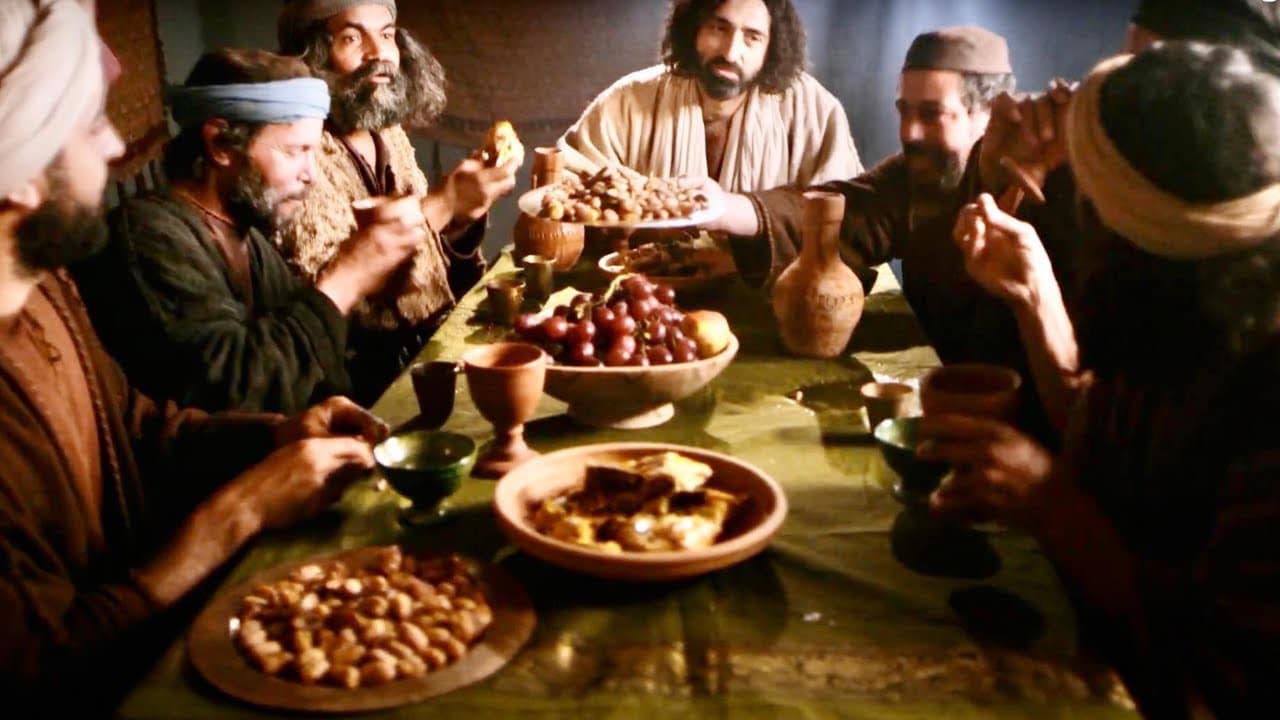509 total views
Homily for Friday of the 22nd Week in OT, 02 Sept 2022, Lk 5:33-39

I wonder if you noticed how Jesus had answered a question with another question in today’s Gospel. When asked why he and his disciples did not do fasting as often as John and the Pharisees and their disciples did, he said, “Can you make the wedding guests fast while the bridegroom is with them?” Put more simply, “Can you invite guests to attend a wedding reception and then tell them to do fasting?” My answer is, of course you can. I just wonder if you can get them to attend it. What are you inviting them for anyway, if not to celebrate? Maybe the question is not “Can you…” but “Should you…?”
Some people do not like Christianity because they think it is a KILLJOY FAITH. They caricature it as a religion that glorifies suffering and death, as a belief system that promotes a permanently penitential, ascetical, or even a joyless existence.
Actually, even St. Augustine thought this way about Christianity before he got converted to it. When he finally embraced the Christian faith, he regretted having done it too late already. That’s when he discovered that the Christian faith was actually about celebrating life, living it to the full, experiencing heaven already here on earth.
Of course we know that there are really those who think of life in this world as nothing but a punishment, as a valley of tears. They spend time living a miserable life and making others miserable, not because Jesus taught them to do so but simply because they’re sick. We have to accept that there are many sick expressions of Christianity.

Perhaps this is the reason why St. Paul is saying in our first reading that his primary role as an apostle is to be a “steward of the mysteries of God.” Meaning, a caretaker entrusted with an understanding of the faith as it should be lived, a life-giving kind of faith, one that liberates, one that gives hope, a Gospel that brings joy. When the apostles fail in this stewardship, people are more easily misled by all sorts of Christianity that have nothing to do with Jesus and the Gospel he proclaimed.
Count the number of times in the Gospels that Jesus is portrayed either eating or drinking or simply enjoying a table fellowship and you’ll be surprised. John says in chapter 2 of his Gospel that Jesus and his disciples had enjoyed the wine so much at a wedding feast in Cana, the couple hosting them ran out of wine. And Jesus was pressured by his mother to do something about it. St Luke tells us he loved to drop by Bethany, enjoy a chat with Mary and a good meal prepared by Martha. He also tells us about Jesus reclining at table in the house of a Pharisee and allowing a massage attendant to give him a foot spa. He sometimes even invited himself to dinner in the house of tax-collectors like Matthew and Zaccheus.
I think Jesus took very seriously the famous lines in chapter 3 of the Book of Ecclesiastes about the wisdom of knowing the proper timing for every affair under the heavens, and the kind of disposition that every situation in life calls for. You don’t do fasting when you should be feasting, and neither should you be feasting when you should be fasting. There is a proper time for one or the other.
The wisdom that it takes to know the opportune time, the right occasion or the proper situation to do certain things is part of the duties of the apostle as a “steward of the mysteries of God.”
















